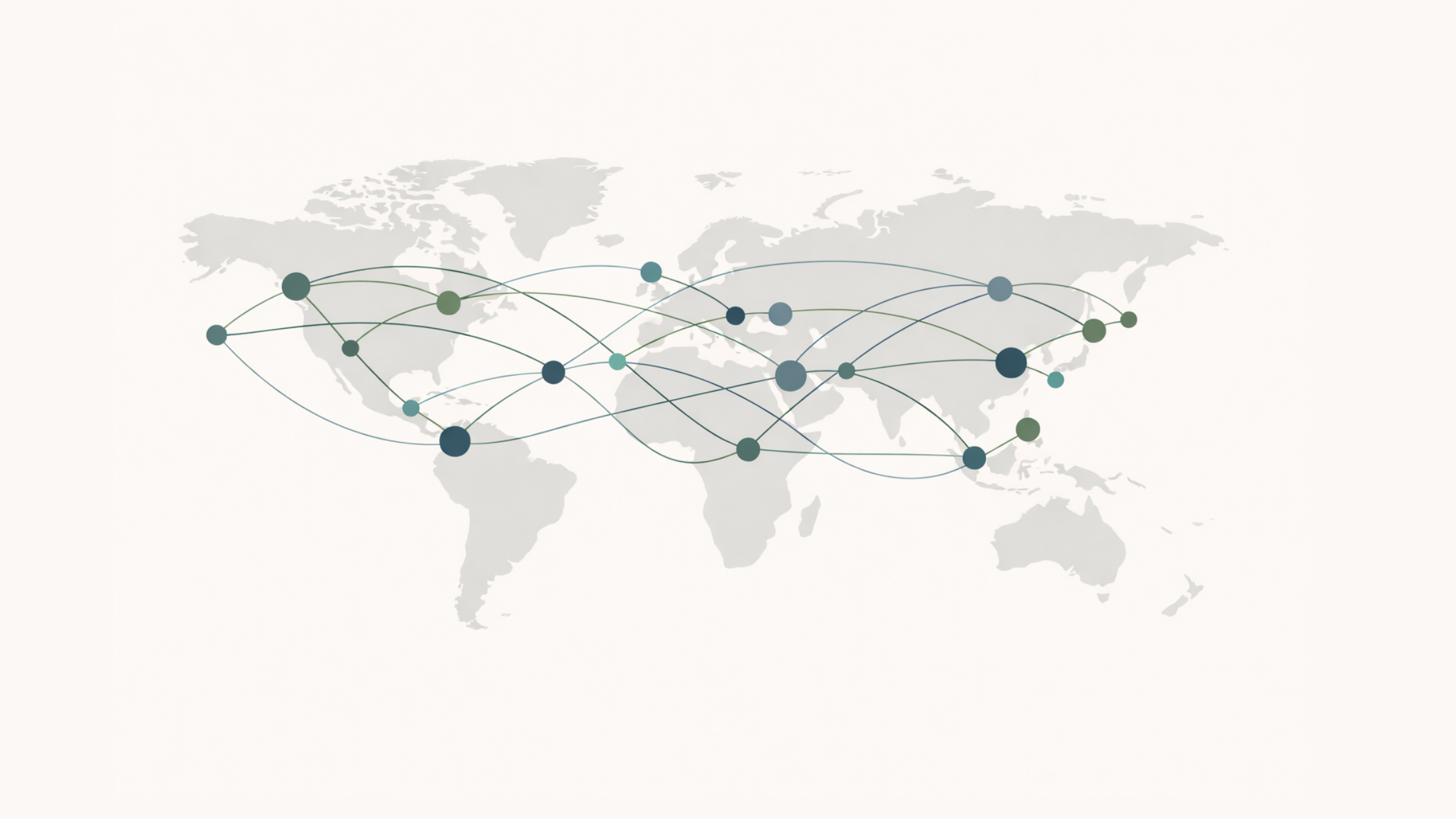By Bahar Gidwani
At a recent meeting hosted by EIRIS (one of the leading European sources of SRI information), one of the panelists commented that company relationships with their stakeholders are going through “the five stages of grief.”
The speaker didn’t elaborate much on this idea, but it struck me as very astute. Elisabeth Kübler-Ross enumerated five stages of grief in her 1969 book, On Death and Dying. They are: denial, anger, bargaining, depression, and acceptance.
I have seen these reactions often when corporations are confronted with social concerns by their stakeholders. It used to be quite common for companies to deny any bad behavior rather than admit it. The rapid distribution of information via the Internet (and hopefully the presence of sites such as CSRHUB), are helping to make it impossible to deny the truth.
I’ve also seen a lot of anger. Companies feel they have been unfairly singled out for unfavorable attention or that their good behavior should count more than their bad. By the way, our system gives a way to test whether or not companies that have one area of poor behavior may have another that is very good. It turns out that the average difference between the best category score (we have four categories we track) and the worst is about 12 points. The chart below shows that differences of 50+ points are possible—many companies have lopsided performance that create a weak point that is open to attack.
Bargaining is related to “engagement.” We see it often during proxy season, when groups like the ICCR, Corporate Library, and the Sustainable Investments Institute work to use investor leverage to change company behavior.
Depression seems to be where many corporate social responsibility (CSR) professionals end up, after a while. They push for changes inside their companies, achieve results they feel are encouraging and worthwhile, and then suffer criticism from outsiders because they haven’t done more.
Acceptance. A few companies seem to have reached acceptance. They have cleaned up the issues that could cause denial and anger and have stopped bargaining improvement in one area against inertia in another. Instead of frustrating those inside the company who care about sustainability, they have started to internalize good CSR practices and accept that they are an increasingly necessary part of doing business.
CSR issues are filled with power and emotion. Our happiness, health, and the future of the world depend at least partly on how companies react to them. It seems helpful to me to describe how companies deal with these issues in the same terms we use to deal with death and loss. Companies are leaving behind their old way of life and moving into a new world. It will take a while for them to complete this journey.


.png)
